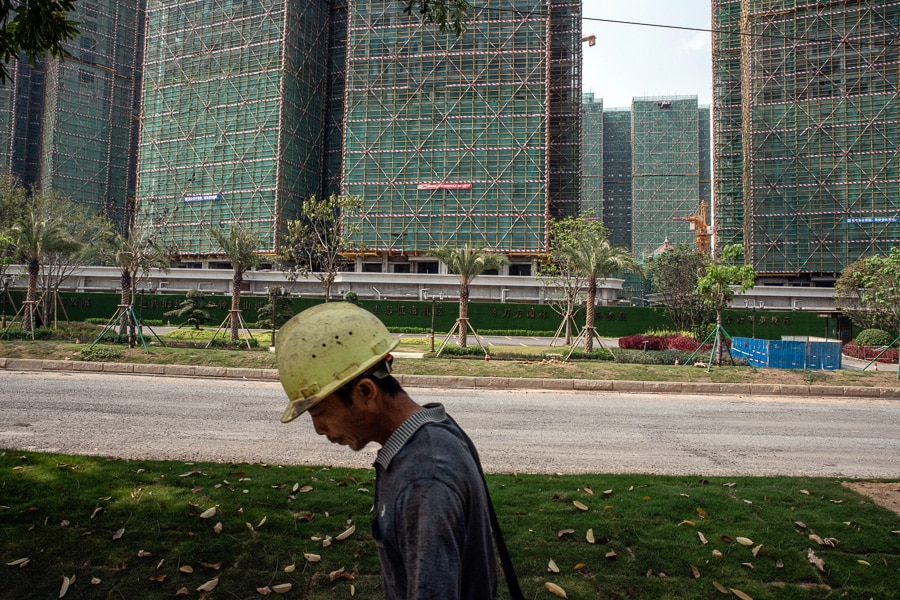
The end of a 'gilded age': China is bringing business to heel
Where once executives had a green light to grow at any cost, officials now want to dictate which industries boom, which ones bust and how it happens
 An Evergrande construction site in Dongguan, China, on Tuesday, Sept. 28, 2021. The giant developer is on the verge of collapse; Image: Gilles Sabrié/The New York Times
An Evergrande construction site in Dongguan, China, on Tuesday, Sept. 28, 2021. The giant developer is on the verge of collapse; Image: Gilles Sabrié/The New York Times
Chinese tech companies are reeling from regulation. Nervous creditors are hoping for a bailout for China’s largest developer. Growing numbers of executives are going to jail. An entire industry is shutting down.
For China’s leader, Xi Jinping, it is all part of the plan.
Under Xi, China is reshaping how business works and limiting executives’ power. Long in coming but rapid in execution, the policies are driven by a desire for state control and self-reliance as well as concerns about debt, inequality and influence by foreign countries, including the United States.
Emboldened by swelling nationalism and his success with COVID-19, Xi is remaking China’s business world in his own image. Above all else, that means control. Where once executives had a green light to grow at any cost, officials now want to dictate which industries boom, which ones bust and how it happens. And the changes offer a glimpse of Xi’s vision for managing the economy, before a political meeting expected to solidify his plans for an unprecedented third term in charge.
The goal is to fix structural problems, like excess debt and inequality, and generate more balanced growth. Taken together, the measures mark the end of a Gilded Age for private business that made China into a manufacturing powerhouse and a nexus of innovation. Economists warn that authoritarian governments have a shaky record with this type of transformation, though they acknowledge that few have brought such resources and planning to the effort.
©2019 New York Times News Service







